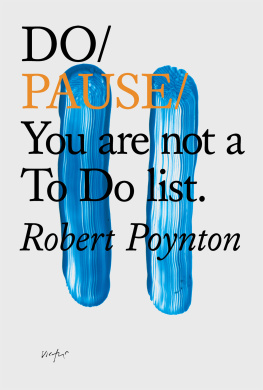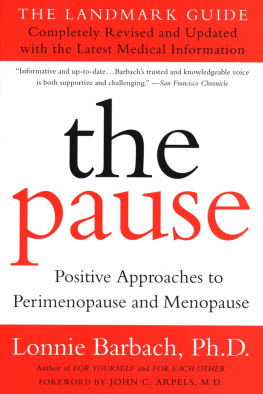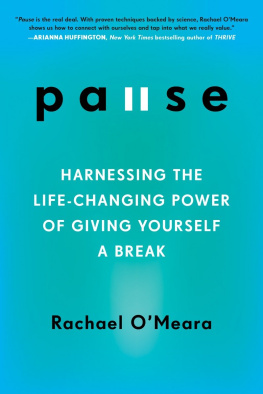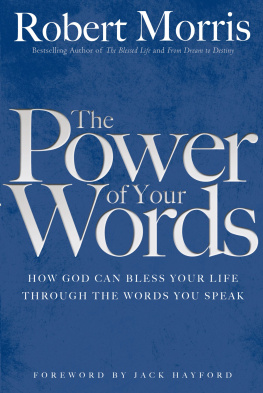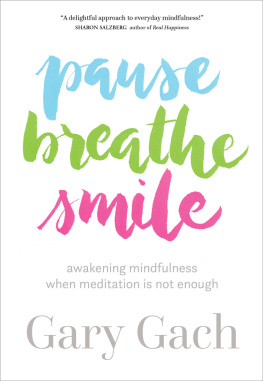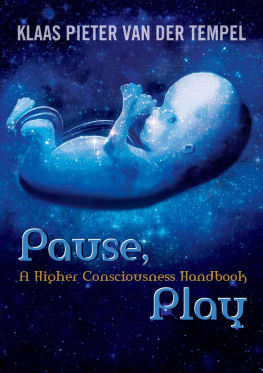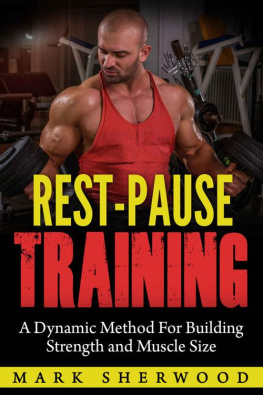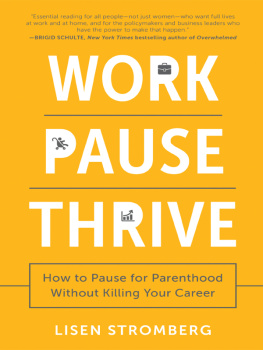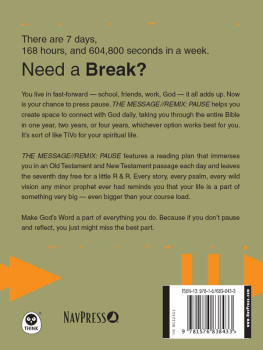Robert Poynton - Do Pause — You are not a To Do list
Here you can read online Robert Poynton - Do Pause — You are not a To Do list full text of the book (entire story) in english for free. Download pdf and epub, get meaning, cover and reviews about this ebook. year: 2019, publisher: The Do Book Co., genre: Religion. Description of the work, (preface) as well as reviews are available. Best literature library LitArk.com created for fans of good reading and offers a wide selection of genres:
Romance novel
Science fiction
Adventure
Detective
Science
History
Home and family
Prose
Art
Politics
Computer
Non-fiction
Religion
Business
Children
Humor
Choose a favorite category and find really read worthwhile books. Enjoy immersion in the world of imagination, feel the emotions of the characters or learn something new for yourself, make an fascinating discovery.
- Book:Do Pause — You are not a To Do list
- Author:
- Publisher:The Do Book Co.
- Genre:
- Year:2019
- Rating:3 / 5
- Favourites:Add to favourites
- Your mark:
- 60
- 1
- 2
- 3
- 4
- 5
Do Pause — You are not a To Do list: summary, description and annotation
We offer to read an annotation, description, summary or preface (depends on what the author of the book "Do Pause — You are not a To Do list" wrote himself). If you haven't found the necessary information about the book — write in the comments, we will try to find it.
Do Pause — You are not a To Do list — read online for free the complete book (whole text) full work
Below is the text of the book, divided by pages. System saving the place of the last page read, allows you to conveniently read the book "Do Pause — You are not a To Do list" online for free, without having to search again every time where you left off. Put a bookmark, and you can go to the page where you finished reading at any time.
Font size:
Interval:
Bookmark:

Published by The Do Book Company 2019
Works in Progress Publishing Ltd
thedobook.co
Text Robert Poynton 2019
Photography Jim Marsden 2019
The right of Robert Poynton to be identified as author of this work has been asserted by him in accordance with the Copyright, Designs and Patents Act 1988
All rights reserved
No part of this publication may be reproduced, stored in or introduced to a retrieval system, or transmitted in any form or by any means (electronic, mechanical, photocopying, recording or otherwise) without the prior written permission of the publisher. Requests for permission should be sent to: info@thedobook.co
A CIP catalogue record for this book is available from the British Library
To find out more about our company, books and authors, please visit thedobook.co or follow us @dobookco
5% of our proceeds from the sale of this book is given to The Do Lectures to help it achieve its aim of making positive change thedolectures.com
Cover design by James Victore
Book designed and set by Ratiotype
Ebook produced by Jon Heslop
eISBN 978-1-907974-64-9

It was a warm Sunday evening in mid-September. I was sitting on the terrace, looking up at the Sierra de Gredos, enjoying dinner and a glass (or two) of red wine with my good friend Chris Riley. We had spent the weekend on the other side of the mountains, hidden away in an ancient house in Avila, with eight other people and dozens of books, reading and talking about what we had read.
I could do that every year, said Chris.
So we did.
Since I live in central Spain and Chris is in Oregon, it is hardly convenient. Yet every year, he travels over five thousand miles, for a couple of days, to do very little. Others travel considerable distances too. What is this about? It is about the power of a pause.
That Sunday evening, as we sat and talked, Chris was keenly aware of how much the time-out had given him and how much hed needed it. Hence his comment. He could feel it had affected him on many levels physically, mentally and emotionally. He even looked different. The switch of activity and rhythm enabled him to notice and pay attention to what was going on inside him. He found he was able to reconnect with himself, as well as forge new connections with others. His sense of what mattered shifted. It was a moment of resetting, of regeneration, of new ideas and perspectives. It deepened his thinking. Time itself seemed to slow down (or open up) and he found himself coming up with ideas to solve problems I didnt know I had without even trying. What looked like time off enabled him to do work of a different kind.
Chris recognised that this was an ongoing need, not a one-off. It wasnt that he wanted to do it again he wanted to do it every year. His comment was a watershed and the Reading Weekend became an annual fixture in the calendar; a pivotal point that gives shape to a year. For Chris, it is a chance to examine his own thinking from a fresh perspective, in the light of new stimulus; to give his ideas room to breathe. There is anticipation leading up to it and a period of synthesis following it. It might be just a weekend but the effects are significant.
Nonetheless, it had taken me years, and a number of invitations to similar events, to get Chris to come. The idea of stopping can be simultaneously attractive and scary. Even once he got here, allowing himself this short period of undirected time was not straightforward. I spent the first twenty-four hours watching my own levels of anxiety rise, because I wasnt working on anything, he said. This is not unusual. The pressures and habits of everyday work and life can make it hard to pause for a few days, or even for a few seconds.
A pause may be so slight that it is easy to forget, ignore or skip over. In ones enthusiasm to forge ahead, the spaces to notice, or appreciate, or reflect, are often left by the wayside. We are all prey to this. I can easily catch myself filling in the little gaps and spaces in the day, making calls or sending emails. Yet the idea of never a wasted moment comes at a cost. Not long ago, when my sister and her husband visited, I took them on a mountain walk. I noticed they kept stopping. Or to be more accurate, I noticed that I had stopped stopping. I often walk on my own, so walking in company made me realise that, over time, I had become almost entirely focused on getting to the top, taking pride in how quickly I could do so. The walk had become a goal to be achieved, rather than an experience to be enjoyed. Yet why bother with a mountain walk if you never pause to take it all in? I was missing the point as well as the view.
How often do we do something like this? For example, our children can easily become just a stream of endless tasks: feeding, dressing, getting them to school or football practice or dance class, doing homework, bedtime story and so on. In the midst of all that, do we allow ourselves time to actually be with them, to enjoy them? Do we give them the time to be childlike, or are we so focused on having them notch up another achievement that they miss out on the view along the way? In general, we dont pay much attention or give much importance to the spaces in between all the tasks. I think we should. In life, as in art, you need to step back to see that. The negative space, which lies around or between objects or events, gives shape to the whole.
It is easy to miss this. The space in our lives is always under pressure. There are powerful forces that combine to squeeze it out. First among these is technology. Machines work well at a constant speed and the faster the better. They are designed and built for it. Whether they are spinning cotton or crunching numbers, regular, repetitive actions are what they excel at and, increasingly, our world is designed by machines, for machines. Yet what works well for machines doesnt work well for people.
The language and imagery we use to describe our relationship with technology is revealing we talk of drowning, feeling paralysed or having to detox. As writer Pico Iyer says: The one thing technology cannot give us is a sense of how to make the wisest use of technology. Yet digital technology intrudes ever more intimately into our lives. We may hold our phones in the palm of our hand, but it is they that have us in their grasp.
We find ourselves adapting to machines and hold ourselves to their standards: people are judged by the speed with which they respond, not the quality of their response. Our language and norms evolve to reflect this. Always on becomes something to boast of, or aspire to. Such ideas are being woven into our culture. As more of us dwell in cities with little direct connection to nature, older cultural practices that were more in tune with the ebb and flow of seasons and tides are flattened or lost; buried under an insensible, incessant, machine-driven beat.
We give high status to busy-ness. We have created a sprawling industry of personal productivity and time management, which once again owes a lot to machines, prizing efficiency above all else. The idea that speed equals productivity is so widespread and dominant we are hardly aware of it. Thus we associate pause with delay and procrastination, not deliberation or wisdom.
Font size:
Interval:
Bookmark:
Similar books «Do Pause — You are not a To Do list»
Look at similar books to Do Pause — You are not a To Do list. We have selected literature similar in name and meaning in the hope of providing readers with more options to find new, interesting, not yet read works.
Discussion, reviews of the book Do Pause — You are not a To Do list and just readers' own opinions. Leave your comments, write what you think about the work, its meaning or the main characters. Specify what exactly you liked and what you didn't like, and why you think so.

